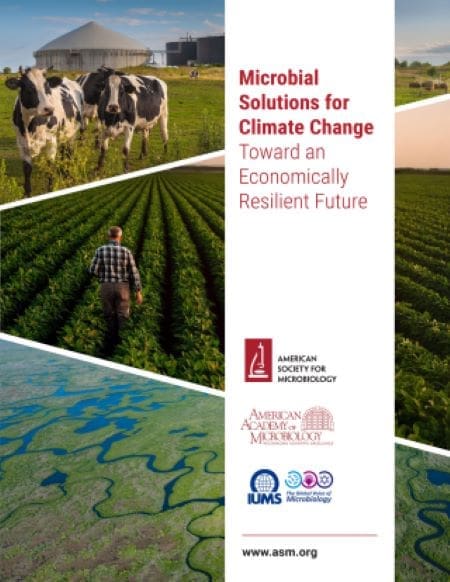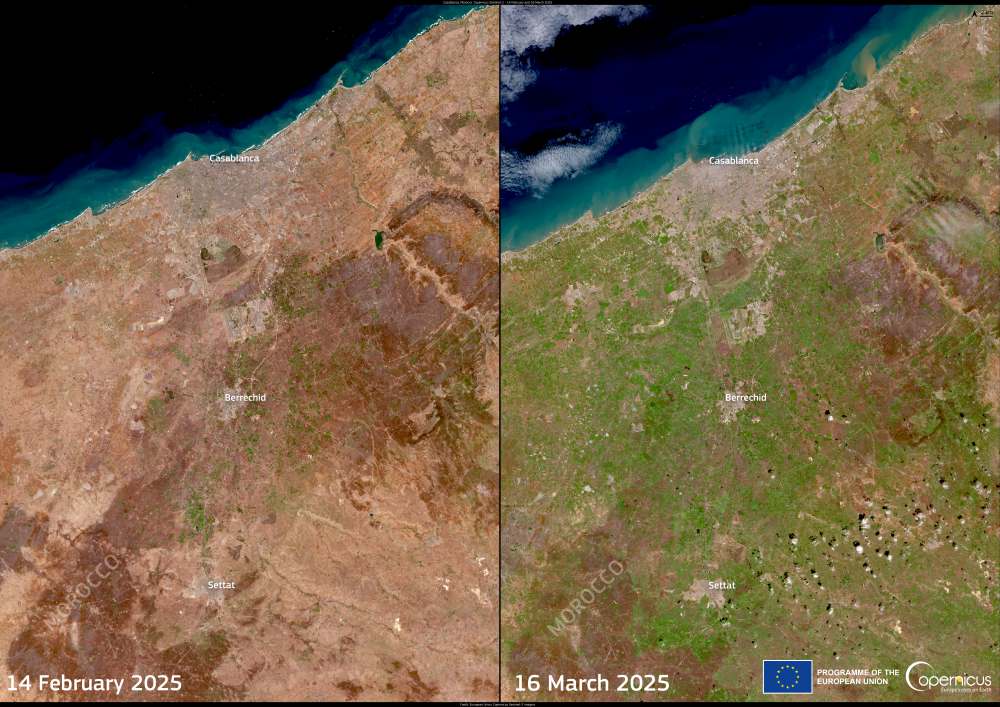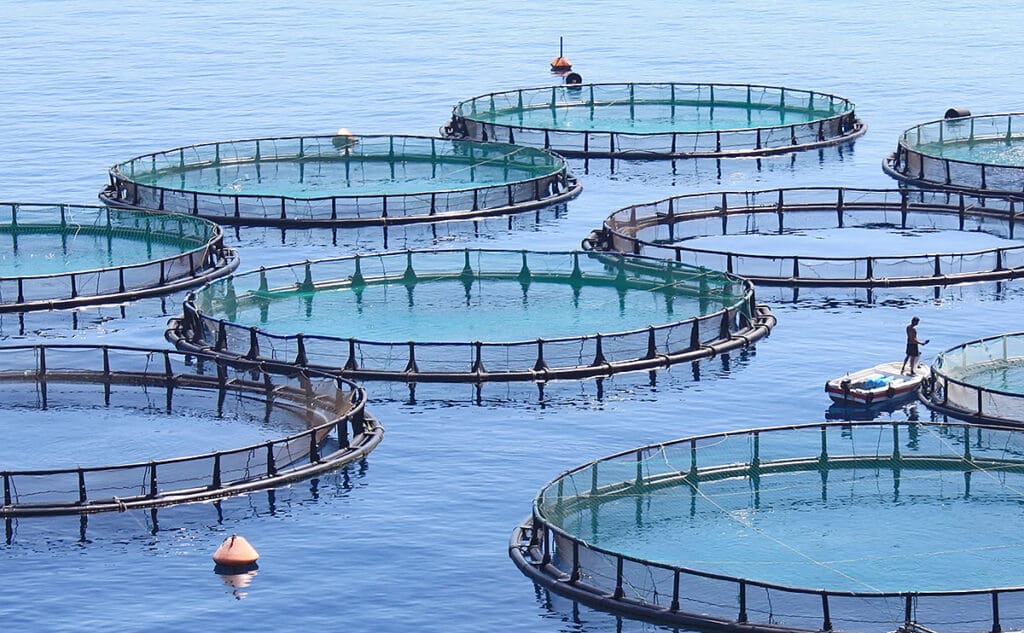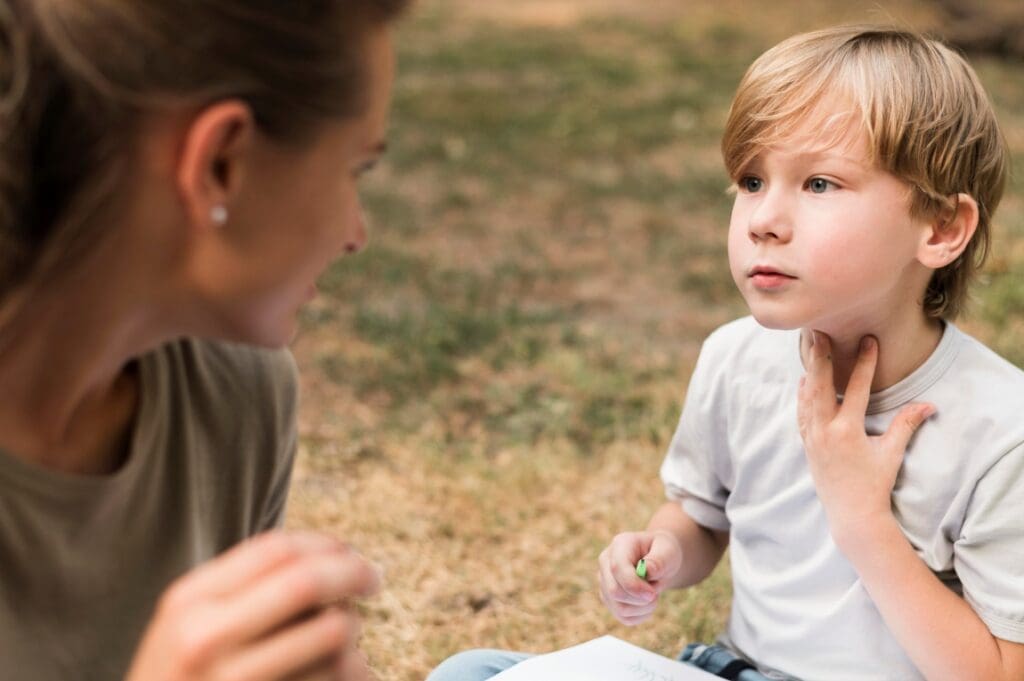New report highlights microbial innovations to combat climate change and accompanying Nature article offers implementation framework.
As climate change continues to accelerate at an alarming pace, innovative and scalable solutions are more critical than ever. This week, the American Society for Microbiology (ASM) and the International Union for Microbiological Societies (IUMS) released Microbial Solutions for Climate Change, a report developed by their scientific advisory group (SAG) of global experts.

The report outlines innovative microbial technologies that can significantly contribute to climate change mitigation and underscores the urgent need for coordinated global action across nations and sectors.
Coinciding with the report’s release, the SAG also published an article in Nature, providing a comprehensive framework for assessing and implementing microbial solutions. The framework goes beyond technical viability, emphasizing that microbial products must also offer economic returns, ensure safety and deliver tangible societal benefits to be successfully adopted.
“Microbial-based innovations offer a powerful opportunity to combat climate change with scalable, sustainable solutions that can be implemented globally,” said Nguyen Nguyen, Ph.D., Director of ASM’s American Academy for Microbiology. “Leveraging the potential of microbes will be a critical asset to the collection of strategies for tackling rising greenhouse gas emissions and global environmental change.”
Microbial Solutions for Climate Change evaluates both the technical and economic feasibility of microbial innovations, emphasizing solutions that prioritize human health and safety, reduce social inequities and promote economic well-being for the global population. The report identifies 3 key microbial-based innovations that can help humanity adapt to and mitigate the rapid pace and adverse consequences of climate change:
- Microbes for a non-fossil carbon economy.
- Microbes for food security and ecosystem resilience.
- Microbes for urgent methane mitigation.
Supported by the accompanying Nature article, the report underscores the necessity of global collaboration among scientists, industry partners, scientific societies and governments. From policymakers who can shape environmental regulations and create incentives for sustainable practices to professional societies that can foster partnerships and drive innovation, every stakeholder has a critical role in advancing microbial solutions to combat climate change.
The Nature article introduces a strategic framework to guide the effective implementation of microbial solutions. The framework discusses several important considerations, beginning with assessing technical feasibility. It highlights the importance of evaluating economic feasibility from both commercial and societal perspectives to demonstrate the viability and desirability of these solutions.
Additionally, the framework emphasizes the need for biosafety considerations, calling for risk assessments, surveillance and oversight systems to ensure safe and responsible scaling of microbial solutions. The authors emphasize that microbial interventions should not stand alone but be integrated alongside other global climate mitigation and adaptation strategies, such as solar and wind energy and reforestation.
“We believe microbes hold the missing ingredient needed for the next climate breakthroughs,” said Rino Rappuoli, Ph.D., IUMS President. “We encourage leaders of climate initiatives across all sectors to incorporate microbial processes into climate research and sustainable solutions. We are ready to partner with you to address this climate challenge.”
***
The American Society for Microbiology (ASM) is one of the largest professional societies dedicated to the life sciences and is composed of over 37,000 scientists and health practitioners. ASM’s mission is to promote and advance the microbial sciences. ASM advances the microbial sciences through conferences, publications, certifications, educational opportunities and advocacy efforts. It enhances laboratory capacity around the globe through training and resources. It provides a network for scientists in academia, industry and clinical settings. Additionally, ASM promotes a deeper understanding of the microbial sciences to all audiences.
***
Founded in 1927, the International Union for Microbiological Societies (IUMS) is a prestigious Union that has been serving microbiology for nearly a century. IUMS brings together the microbiological societies of the planet, facilitates scientific interactions, fostering and promoting international exchange, dialogue and collaboration amongst the international community of microbiologists involved in the discovery and applied sciences as well as in development of policy. IUMS uses the input from microbiological societies to generate a vision and shape the future.
More information:
Read the Report (.pdf) | View Microbial Solutions for Climate Change (.pdf)
Article Source:
Press Release/Material by American Society for Microbiology
Featured image credit: jcomp | Freepik




